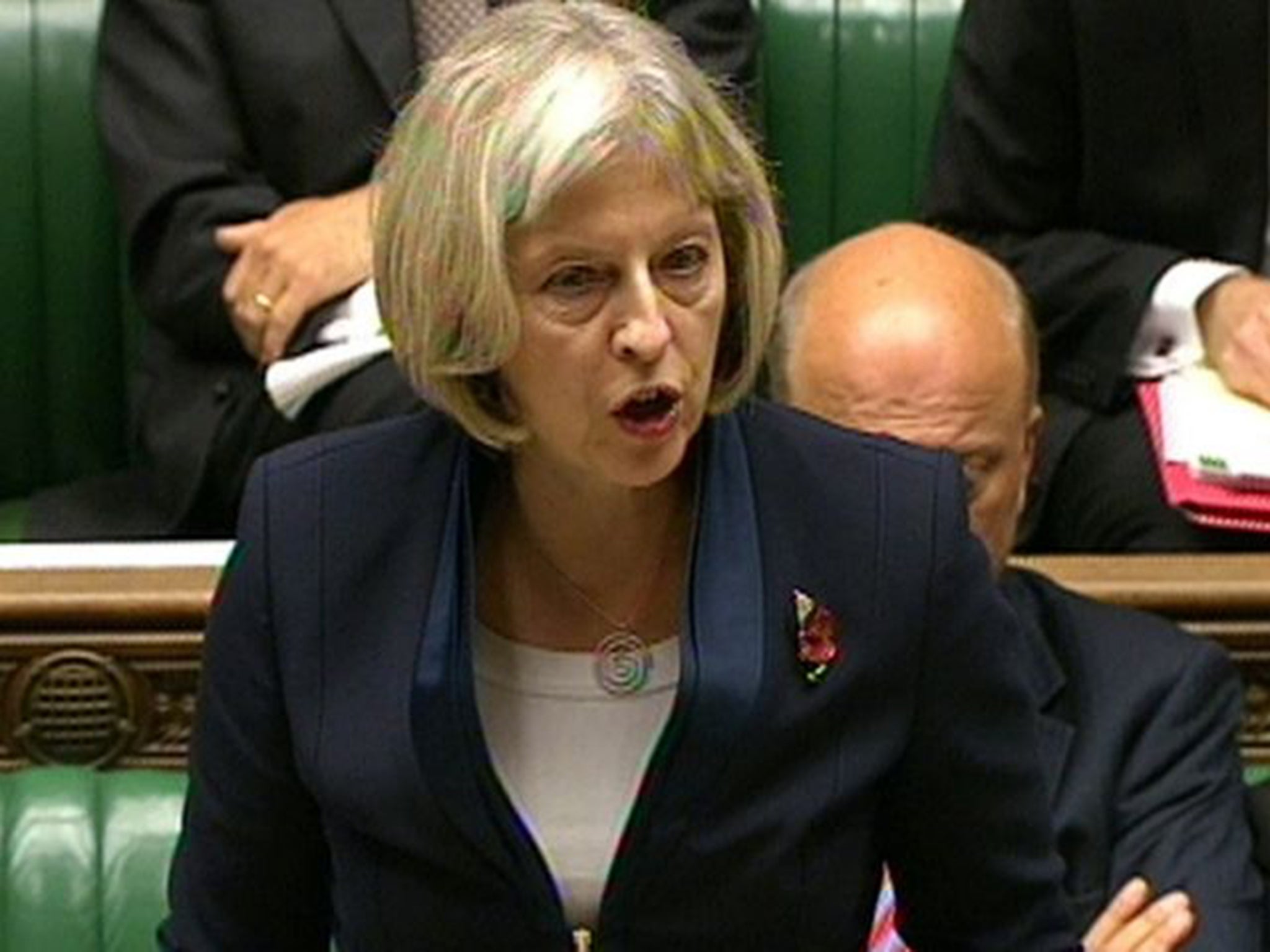Your support helps us to tell the story
From reproductive rights to climate change to Big Tech, The Independent is on the ground when the story is developing. Whether it's investigating the financials of Elon Musk's pro-Trump PAC or producing our latest documentary, 'The A Word', which shines a light on the American women fighting for reproductive rights, we know how important it is to parse out the facts from the messaging.
At such a critical moment in US history, we need reporters on the ground. Your donation allows us to keep sending journalists to speak to both sides of the story.
The Independent is trusted by Americans across the entire political spectrum. And unlike many other quality news outlets, we choose not to lock Americans out of our reporting and analysis with paywalls. We believe quality journalism should be available to everyone, paid for by those who can afford it.
Your support makes all the difference.Labour MPs will abstain in a vote on the Government’s latest so-called “Snooper’s Charter”, the shadow home secretary has said.
Andy Burnham said the Investigatory Powers Bill, which contains a raft of government spying powers, should give people “a presumption of privacy” but said he would work constructively with the Government on it.
The proposed bill requires internet companies to hold records about which web pages all internet users have visited for a year, whether they are suspected of a crime or not.
The law would also require technology companies to bypass users’ encryption software and explicitly gives the security services to hack and bug private citizens’ computers.
Campaigners have warned the latter provision could lead to the effective outlawing of messaging services like iMessage, Snapchat, and WhatsApp, which use full end-to-end encryption.
The Bill will get its second reading in the House of Commons on Tuesday.
“We believe the bill must start with a presumption of privacy, as recommended by the Intelligence and Security Committee, include a clearer definition of the information that can be held and set a higher threshold to justify access. There also needs to be higher protection for journalists and their sources,” Mr Burnham told The Times newspaper.
“Britain needs a new legal framework in this crucial area that is fit for the digital age, balancing powers with proper safeguards. So Labour will put party politics aside and work constructively with the Government to that end.
“On the left of politics, there are deeply-held concerns that, in our country’s past, investigatory powers have been misused against trade unionists and ordinary people campaigning for justice. This is why the Government will have to work hard to earn our support.”
Parliamentary arithmetic with Labour abstaining rather than voting against means the Bill will almost certainly pass – barring a huge rebellion by Tories on the issue.

Were Labour to vote against the Bill a smaller rebellion of Conservative MPs could stop the new powers.
Liberal Democrat leader Tim Farron, who is opposing the Bill, said Labour were "without doubt the worst opposition of all time".
Last month former Tory leadership contender David Davis warned that there was “no doubt” the Government was rushing the bill through Parliament to avoid scrutiny.
The Home Secretary said earlier this month the Government had taken “significant steps” to address the concerns raised by critical parliamentary committees.
The Intelligence and Security Committee, the Bill’s own joint committee, and the Science and Technology Committee had recommended changes.
“Their efforts have assisted us in enhancing safeguards and refining technical aspects,” Ms May said earlier this month as she unveiled a new draft of the laws.
“The revised Bill we are introducing today is both clearer and stronger in protecting privacy.
“The Investigatory Powers Bill will transform the law relating to the use and oversight of these powers. It will strengthen safeguards and introduce world-leading oversight arrangements.”
A survey of the British public commissioned by Open-Xchange found that only 12 per cent believe the Home Secretary Theresa May has “adequately explained the impact of the Investigatory Powers Bill to the UK public and presented a balanced argument for its introduction”.

Join our commenting forum
Join thought-provoking conversations, follow other Independent readers and see their replies
Comments